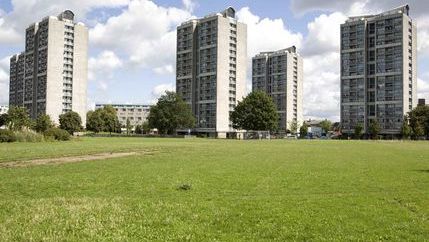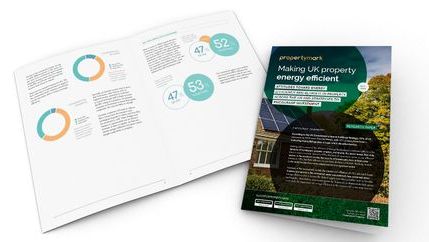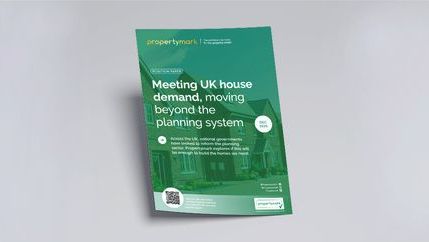
Propertymark has campaigned for a long-term strategy to improve the energy efficiency of UK buildings, but new rules and requirements must be realistic and achievable. Existing retrofitting programmes have failed to have the desired impact on existing building stock.
We fully support this progress towards greater energy efficiency, however there are still some key issues that need to be raised, and we have made specific recommendations in response to the UK Government’s proposals.
Read details of the consultation on Gov.uk →
The supply of new homes must not be reduced
The country is currently facing a housing shortage, with UK Government targets of 300,000 new homes a year yet to be met and the consultation acknowledges the new standards will raise building costs and may mean houses take longer to build. Additionally, more skilled professionals could be needed in the building industry to meet demand.
The UK Government must not fail to account for these factors, and explore ways to increase capacity so the construction industry has the capability to deliver the homes that are needed.
Flexibility should be built in
With no viable alternative to heat pumps to create zero-carbon ready homes, systems such as hybrid heat pumps, hydrogen-ready boilers, and biofuel systems are unlikely to meet the new standards.
This raises concerns that some types of home, including blocks of flats or coastal properties where air-source heat pumps are more difficult to install, could become less viable to build.
Furthermore, setting fixed standards for each building element restricts exactly how developers and architects can account for local environmental or skill-based challenges.
As an alternative, Propertymark recommends introducing absolute energy efficiency or carbon emission standards for homes and non-domestic buildings. By focusing on an overall energy efficiency outcome, rather than strict requirements per building element, more energy efficient buildings can be developed in a variety of ways.
Material change of use is a broad category
The current minimum standards set for a dwelling created under a Material Change of Use (MCU) are lower than for a new dwelling, which means that MCU homes can be marketed and sold as ‘new’ homes without achieving the levels of energy efficiency required for new-build equivalents.
Propertymark supports the introduction of whole-building standards for MCU dwellings, which would bring them in line with new homes and help to ensure that conversions are done in a way that produces high quality buildings which are safe and comfortable for residents.
To strengthen this standard, we recommend that the UK Government sets separate specifications for different building types. For example, a block of flats will have different requirements to an HMO. This will ensure that more effective standards can be applied based on the unique characteristics of the type of building and its general use, which would have a greater impact on energy efficiency than a single broader standard.
Avoid excessive remediation
Any requirements enforced by the Future Homes and Buildings Standard must be compliant with existing legislation to avoid forcing existing homes to undergo additional remediation.
Work to correct unsafe cladding and other building components under the Building Safety Act 2022 has come at substantial financial cost. This risks being repeated if buildings are asked to undergo retrofit again to meet new standards, which is likely to undermine investment in the sector.
It is especially concerning that residents and landlords are not currently protected from being required to contribute to the cost of retrofit for energy efficiency purposes, and we propose that such protections are introduced, or that financial support and incentives are provided for developers.
Post occupancy-testing
Studies suggest that new homes may not be as energy efficient as expected once they are occupied, due to factors like heating or ventilation systems not being installed or commissioned correctly.
Propertymark believes that if buildings fail to meet new energy efficiency standards post-occupancy the purpose of the new standard would be defeated, and therefore we agree with the suggestion to introduce post-occupancy performance testing for new homes, and think it should be made mandatory instead of voluntary as currently proposed.










